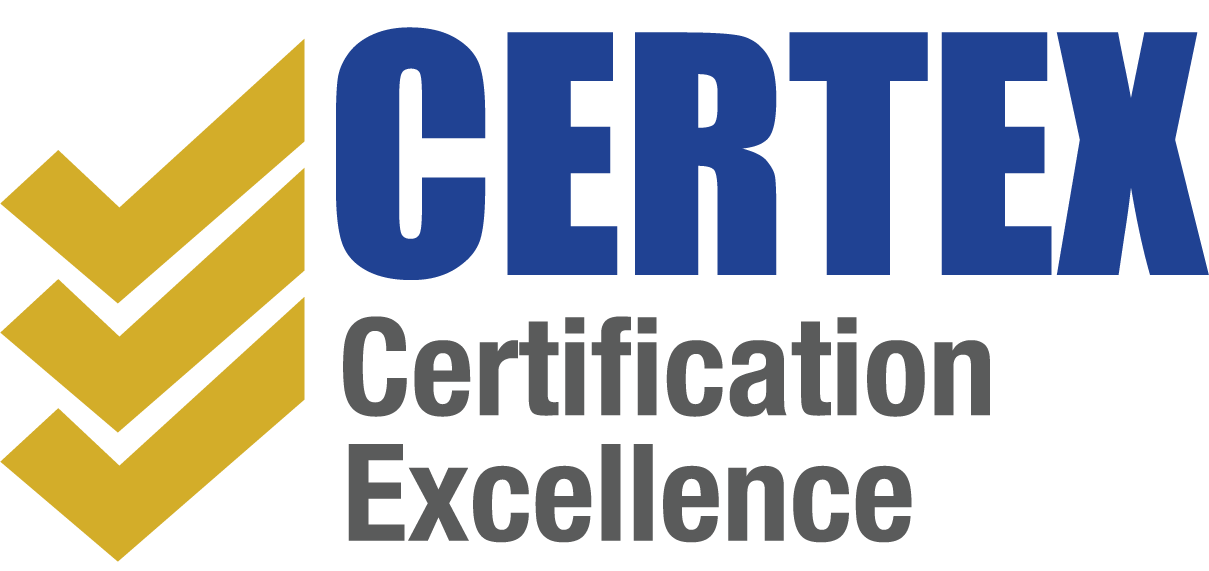Changes to Victoria’s Workplace Injury and Rehabilitation Compensation Act Now in Effect
Changes to Victoria’s Workplace Injury and Rehabilitation Compensation (WIRC) Act came into effect on the 6th of August 2025, introducing a range of measures aimed at improving the experience of injured workers and other claimants who access the WorkCover Scheme. It also aims to strengthen the support available to family members and dependants following a work-related death. (Source: WorkSafe Victoria)
In this article let’s take a brief look at what the new changes are and what changes are set to come into effect in the future.
What’s changed now?
For Injured Workers & Claimants:
1. New Code of Rights:
Under the new Act, clear service standards are set for WorkSafe, its agents and insurers to ensure claimants are treated fairly, respectfully and with dignity throughout the claims process. It includes the rights of the claimants under the code, the obligations of relevant parties when providing services to the claimants and the procedure for dealing with and lodging complaints of non-compliance of the code. Learn more details about the code of rights here.
2. Changes to provisional payments
The maximum duration for receiving provisional payments to a worker’s dependent partner has increased from 13 weeks to 26 weeks. And the previous ban on provisional payments for worker deaths caused by suicide has been lifted. Learn more details about changes to provisional payments here.
Source: Workplace Injury Rehabilitation and Compensation Amendment Bill 2025 – Explanatory Memorandum
For Families and Dependants
1. More support and therapy services
Eligible family members of a worker whose death was caused by a work-related incident are now eligible for a wider range of services, including therapy and support services. This will also include reasonable costs associated with forensic cleaning services. Learn more details about the support services available here.
2. Increased financial support
The cap for eligible support services available, including counselling and therapy, has increased up to $10,000 per eligible incident. And it will be available to be shared among eligible family members rather than individually. Learn more details about available financial support here.
3. Compensations for economic and non-economic losses
New lump sum payments, which will be decided by the court, authority or insurer, will be available for economic loss suffered by dependents that are not parents or children of workers who face work-related deaths. Eligible close family members will also be eligible to receive lump sum compensations for grief and loss suffered due to such incidents. Learn more details about it here.
Source: Workplace Injury Rehabilitation and Compensation Amendment Bill 2025 – Explanatory Memorandum
Administrative Changes:
The Workplace Injury Commission will have more dispute resolution powers and information sharing powers. The previous requirement for the Minister to approve hearing loss assessors has been removed, and now any medical practitioner can determine binaural loss of hearing provided they meet the stated requirements in the Act. Learn more details of the administrative changes here.
Source: Workplace Injury Rehabilitation and Compensation Amendment Bill 2025 – Explanatory Memorandum
What is set to change?
Further changes are set to come into effect on a later determined date, which will be no later than 1st July 2027. These changes include:
Support for family members:
1. Changes to pension:
The weekly pension received by each dependent child of a worker whose death was caused by a work-related incident will increase depending on the number of dependent children. Learn more details about changes to pension here.
For Employers:
1. Obligations related to Return To Work Coordinators
Employers will have new obligations to ensure that Return to Work Coordinators appointed by them hold an approved qualification or undergo approved training within a required period. Failure to comply might result in penalties of up to 120 penalty units for an individual and 600 penalty units for a body corporate.
Employers must also:
Provide appointed return to work coordinators with time off work to attend and complete approved training
Reimburse them with the pay they would normally receive during the period spent attending or completing approved training.
Ensure they receive their usual pay for work performed during ordinary working hours, as well as for any work performed outside of ordinary working hours.
Cover any costs associated with their attendance or completion of the approved training
Learn more details about employer obligations here.
Source: Workplace Injury Rehabilitation and Compensation Amendment Bill 2025 – Explanatory Memorandum
Read the full act for more information about the changes brought to the Workplace Injury and Rehabilitation Compensation Act.

